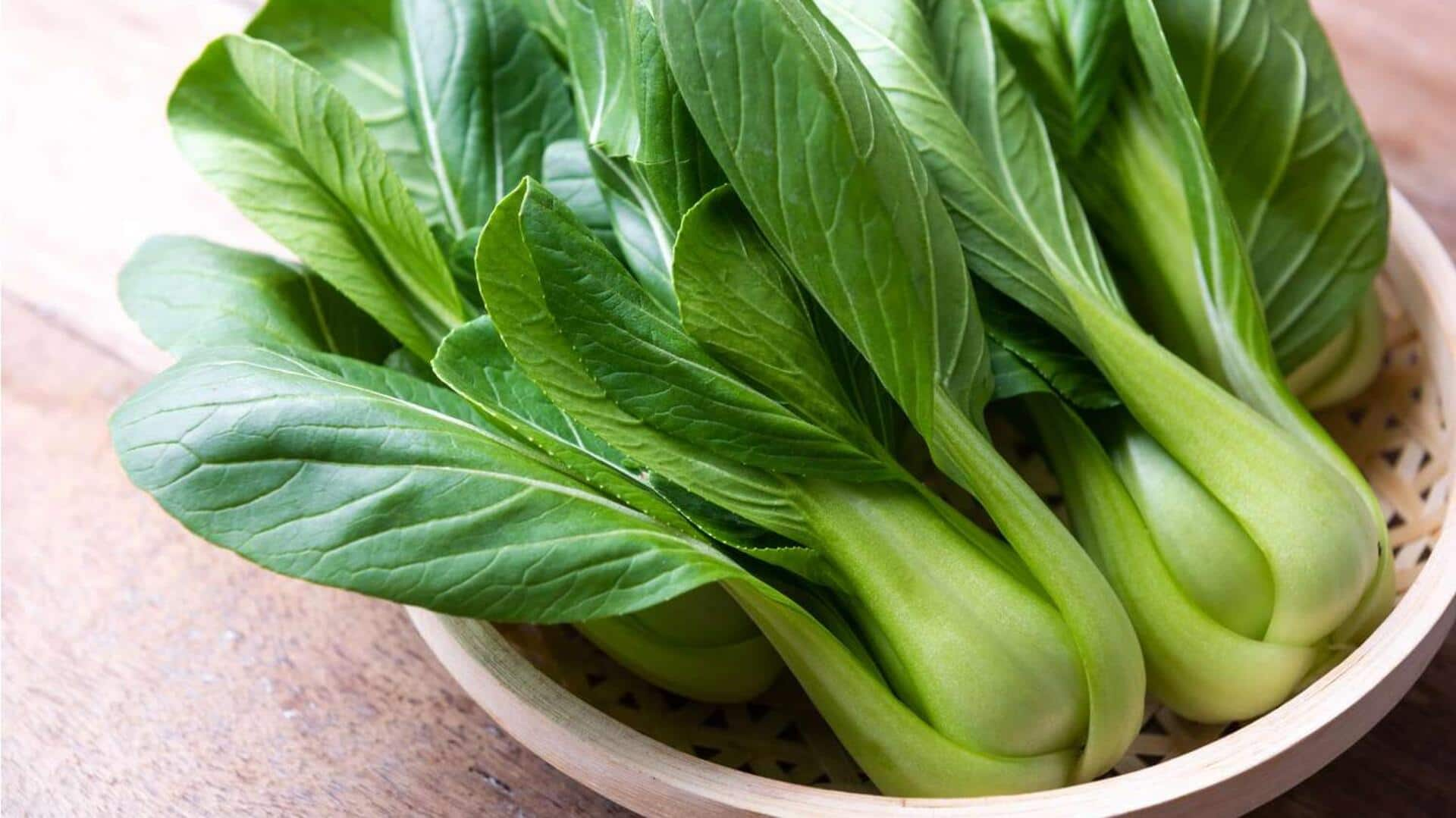
Essential wild edibles in African foraged dishes
What's the story
Exploring the rich tapestry of African cuisine reveals a fascinating array of foraged dishes, grounded in the ancient tradition of harnessing wild edibles.
These unsung heroes of the culinary world are the secret behind many authentic recipes, providing unique flavors and powerful nutritional benefits.
This journey of discovery will shine a light on the essential wild edibles that define true African foraged cuisine.
Greens
The backbone of African foraging: Indigenous greens
African landscapes are teeming with a plethora of native greens, including amaranth, morogo (wild spinach), and cowpea leaves.
These greens are not only packed with vitamins A and C, iron, and calcium, but they're also super versatile in the kitchen.
You can saute them, throw them into stews, or even use them as wraps. Basically, they're your secret weapon for whipping up healthy meals.
Fruits
The wild fruits basket
Wild fruits like baobab, marula, and tamarind are Africa's wilderness gems.
Baobab fruit powder is a popular choice for its antioxidant benefits and can be added to smoothies or desserts for a nutritious kick.
Marula fruit is enjoyed fresh or fermented into a traditional beverage.
Tamarind brings a unique sourness that complements sauces and soups beautifully.
These fruits offer more than just flavor - they're key contributors to dietary diversity.
Roots
Roots and tubers: Underground delicacies
Roots and tubers such as cassava, yams, and sweet potatoes hold a central place in African diets, providing the primary source of carbohydrates.
Cassava is processed into flour or tapioca; yams are boiled or pounded into fufu; sweet potatoes are roasted or stewed.
They form the backbone of many meals, thanks to their versatility.
Seeds
Seeds and nuts: The flavor enhancers
Seeds such as sesame (benne), pumpkin seeds (egusi), and nuts like peanuts (groundnuts) are crucial for enhancing texture and flavor in dishes.
Ground egusi seeds (pumpkin seeds) serve as a thickening agent for soups, while sesame seeds are often sprinkled on breads or salads for a crunchy texture.
And, peanuts are used in sauces, lending a creamy consistency and nutty flavor.
Herbs
Medicinal herbs: Nature's pharmacy
Beyond their delicious flavors, many wild edibles boast medicinal properties. In fact, traditional healers across Africa have utilized these natural remedies for centuries.
Herbs like moringa oleifera are veritable superfoods. They boost immunity, thanks to their high vitamin content.
Others, like rooibos, pull double duty: they're perfect for both herbal remedies and sipping as a refreshing tea, thanks to their beneficial antioxidants.